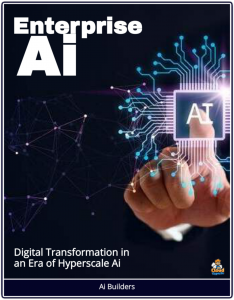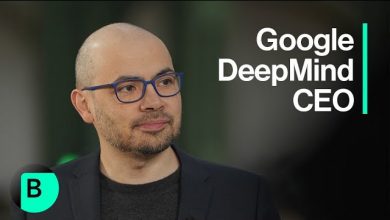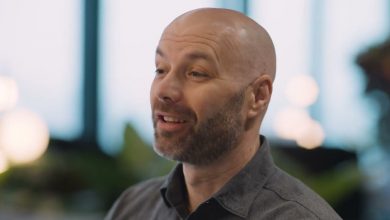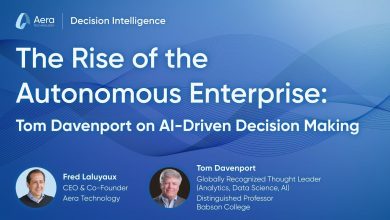Sam Altman Explains Why AI Will Replace 40% Of Your Work
This shift, he argues, stems from AI's rapid evolution, particularly with advancements like superintelligence.
 Sam Altman, CEO of OpenAI, has recently discussed the transformative potential of artificial intelligence (AI) on the workforce, emphasizing that it’s not about entire jobs vanishing but rather about automating a significant portion of routine tasks.
Sam Altman, CEO of OpenAI, has recently discussed the transformative potential of artificial intelligence (AI) on the workforce, emphasizing that it’s not about entire jobs vanishing but rather about automating a significant portion of routine tasks.
In interviews from late September 2025, he predicted that AI could handle 30-40% of the tasks currently performed in the economy within the “not very distant future”—likely within the next few years, accelerating toward the end of the decade.
This shift, he argues, stems from AI’s rapid evolution, particularly with advancements like superintelligence (AI surpassing human capabilities across most domains), which he expects to emerge by 2030.
Why Does Altman Believe This Will Happen?
Altman’s reasoning is rooted in both historical patterns and the unique speed of AI development. Here’s a breakdown:
Historical Precedent for Job Evolution
Altman points out that societal jobs have always transformed over time, even without AI. He notes that “about every 75 years, half the jobs in society change,” citing examples like the Industrial Revolution or the shift to digital economies.
AI, however, will compress this timeline dramatically—from generations to just 5-10 years—because it’s a “scientific achievement of humanity that is going to get embedded in everything we do.” This faster pace means workers must adapt quickly, as AI excels at repetitive, knowledge-based tasks like coding, data analysis, writing, or customer support queries.
AI’s Strengths in Cognitive and Digital Work
He highlights that AI is particularly effective at “brain work” done on computers—tasks that rely on processing information, generating ideas, or executing routines without physical presence. For instance, tools like OpenAI’s models (e.g., GPT-5, which he says is already “smarter than [him] and a lot of people”) can perform these faster and cheaper than humans.
This devalues “prestigious” desk jobs while elevating hands-on roles like plumbing, surgery, or logistics that require physical interaction or real-world judgment, which AI can’t yet handle effectively.
The Rise of Superintelligence and AGI
Altman ties this to the arrival of artificial general intelligence (AGI) and superintelligence by 2030, where AI not only automates tasks but solves problems humans can’t.
He describes superintelligence as treating humans like a “loving parent” if properly aligned with human values, but warns of unpredictable consequences if not. This isn’t about mass unemployment but a “gentle singularity”—a smooth integration where AI frees humans for higher-value work, though not everyone will like the disruptions. He stresses regulation and safety to manage risks, like unintended outcomes from misaligned AI.
Optimism Amid the Change
Altman isn’t alarmist; he views this as an opportunity for human productivity. AI will eliminate drudgery, allowing focus on creativity, relationships, and “what other people want or find valuable.” He recommends education in “the meta-skill of learning how to learn” and emphasizes irreplaceable human qualities like empathy—”how much people care about other people” and genuine interactions. For his own son, he’d advise building skills in human connection and adaptability over rote expertise.
In essence, Altman’s belief in 40% task automation is driven by AI’s exponential progress outpacing historical shifts, creating both challenges and new possibilities. He urges proactive adaptation: “This is coming,” and society needs to prepare.



